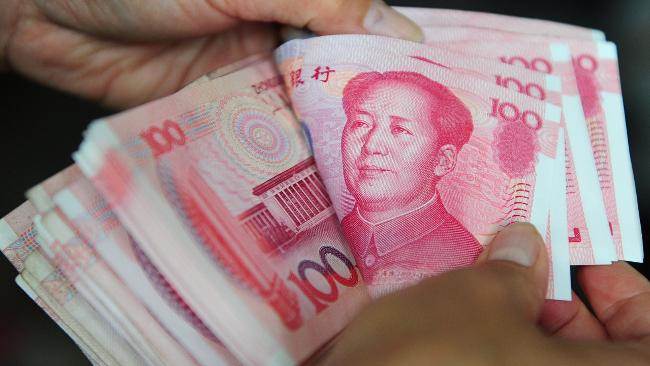 The Chinese economy recently hit a 30-year low, as the Asian country's gross domestic product grew 6 percent in the third quarter, the slowest pace since 1992. This situation is mostly caused by the fact that China is suffering the consequences of the 17-month long Donald Trump's trade war, which brought with it tariff imposition against Chinese exports to the United States.
The Chinese economy recently hit a 30-year low, as the Asian country's gross domestic product grew 6 percent in the third quarter, the slowest pace since 1992. This situation is mostly caused by the fact that China is suffering the consequences of the 17-month long Donald Trump's trade war, which brought with it tariff imposition against Chinese exports to the United States.
In fact, Chinese exports recently fell for its fourth consecutive month, going down by 1.1 percent (year-to-year) in November after falling 0.9 percent in October, while the imports went up by 0.3 percent (year-to-year) after falling 6.5 percent (year-to-year) on the previous month. This leaves China's trade surplus at US 38.73 billion, the lowest since August.
This has brought the idea of applying stimulus measures to the table, especially given that there seems to be a necessity of reaching a specific growth target next year (which many speculate is around six percent). Many are enthusiasts since China employed stimulus measures to face the consequences of the 2008 crisis and the economy successfully recovered due to this.
Nevertheless, not everyone is happy with this alternative, for example, the former chief executive of China International Capital Corporation Levin Zhu Yunlai, after highlighting that short-term problems are not hard to solve, warned against government measures that would increase the Chinese debt levels.
“Any measures would have negative effects," he said, “New problems surface in order to solve old ones. It’s a matter of choice. In the long run, the economy should return to a market orientation,” he added.
A more solid alternative for the Chinese policymakers is focusing on implementing structural reforms.
"Structural reform is probably the most important thing for China in the coming years,” said the Senior Researcher Fellow of the Academic Committee of National Development and Reform Commission Zhang Yansheng.
This alternative is somewhat coherent with the fact that the Chinese government has officially ruled out any fiscal or monetary stimulus measure, however, it is still not clear if they are currently trying to advance any structural reform.
China is expected to set next year's economic growth target at the Central Economic Working Conference, which is taking place in Beijing at the end of this month.
By 10:16 GMT the Chinese Yuan fell down by 0.0668 percent against the US dollar, hitting the 0.1421 level.
